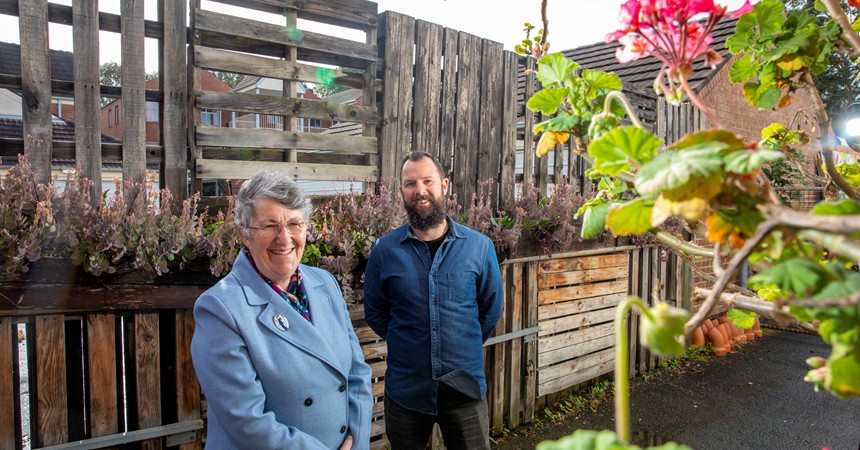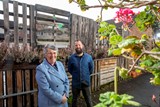The calls come on the back of data Homelessness Australia released last month, which shows the number of Australians with mental health issues seeking homelessness assistance has doubled over the past 10 years.
Between 2019-2020 more than 88,300 people with mental health issues sought homelessness assistance across Australia. This figure was up from 44,700 in 2011-12.
Francis Sullivan, Chair of Catholic Social Services Australia, said the figures are dreadful and calls on federal and state governments for increases to income support, more social housing and a boost to mental health funding.
"These figures show just how dire the situation is for some of our most vulnerable and disadvantaged citizens," Mr Sullivan said.
"Thousands of people across Australia either can't afford or can't access mental health care privately, or through Medicare or hospitals. Layered on top of this is the acute shortage of long-term affordable housing and easily accessible mental health support.
"Together, these two major community failings destined thousands of Australians to miss out on the very basic expectation of a safe and secure roof over their heads."
Mr Sullivan said the doubling of demand for homelessness services indicates how the disadvantaged and marginalised in the community are forced to live.
The Hunter Community Alliance echoes Mr Sullivan's concerns. It plans to raise the issue of rising homelessness in the region at its City of Newcastle Lord Mayor Candidates Forum and Lake Macquarie Mayoral Candidates Forum, to be held this month.
Callan Lawrence is the lead organiser for the Alliance, bringing together diverse community organisations, environmental groups, unions, and religious organisations to advance the common good.
He said that as part of the Alliance's Listening Campaign, held over six months to April 2021, many members had raised concerns about homelessness and housing in the local region.
"We know that while there are a lot of people who are accessing social support, there are also a lot of people experiencing homelessness who are not in contact with service providers," Mr Lawrence said.
"Many people envisage people who are homeless to be middle-aged men who may have mental health problems, or drug or alcohol dependency. However, there are also many older women, students, and working families, for example, who are also experiencing homelessness for short or extended periods of time.
“What we hear is, often those people are not in contact with government-funded services but instead rely on family, friends, or their own means to get by. Those government-funded services are typically the only source of data on homelessness, and so we believe there is a much larger experience of homelessness that isn’t reported or widely known. It's a whole-of-community issue and one that's unfortunately on the rise."
The Alliance's discernment period informed the formation of a Research Action Team.
"Given there are local government elections later this year, the Research Action Team put together proposals on a range of issues, including homelessness and housing, which could be adopted at a local level," Mr Lawrence said.
"The proposals around homelessness and housing affordability include the development of rough car sleeping zones where people can safely take refuge in their vehicles if they have no other option; a locker system to enable people sleeping rough to store limited personal belongings; increased data collection and reporting on homelessness and poverty; and the implementation of significant affordable housing targets, and an Affordable Housing Contributions Scheme
Alliance co-chairs will present policy proposals at the online forums and negotiate with candidates to seek commitments to make them happen. A key focus of the discussion will be ongoing collaboration and inclusion of the community in developing solutions.
"They're not silver bullets, but they would enable progressive change."
For more information on the Hunter Community Alliance, visit: Hunter Community Alliance (thehca.org.au)





























































































